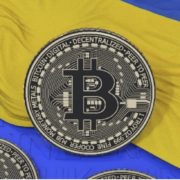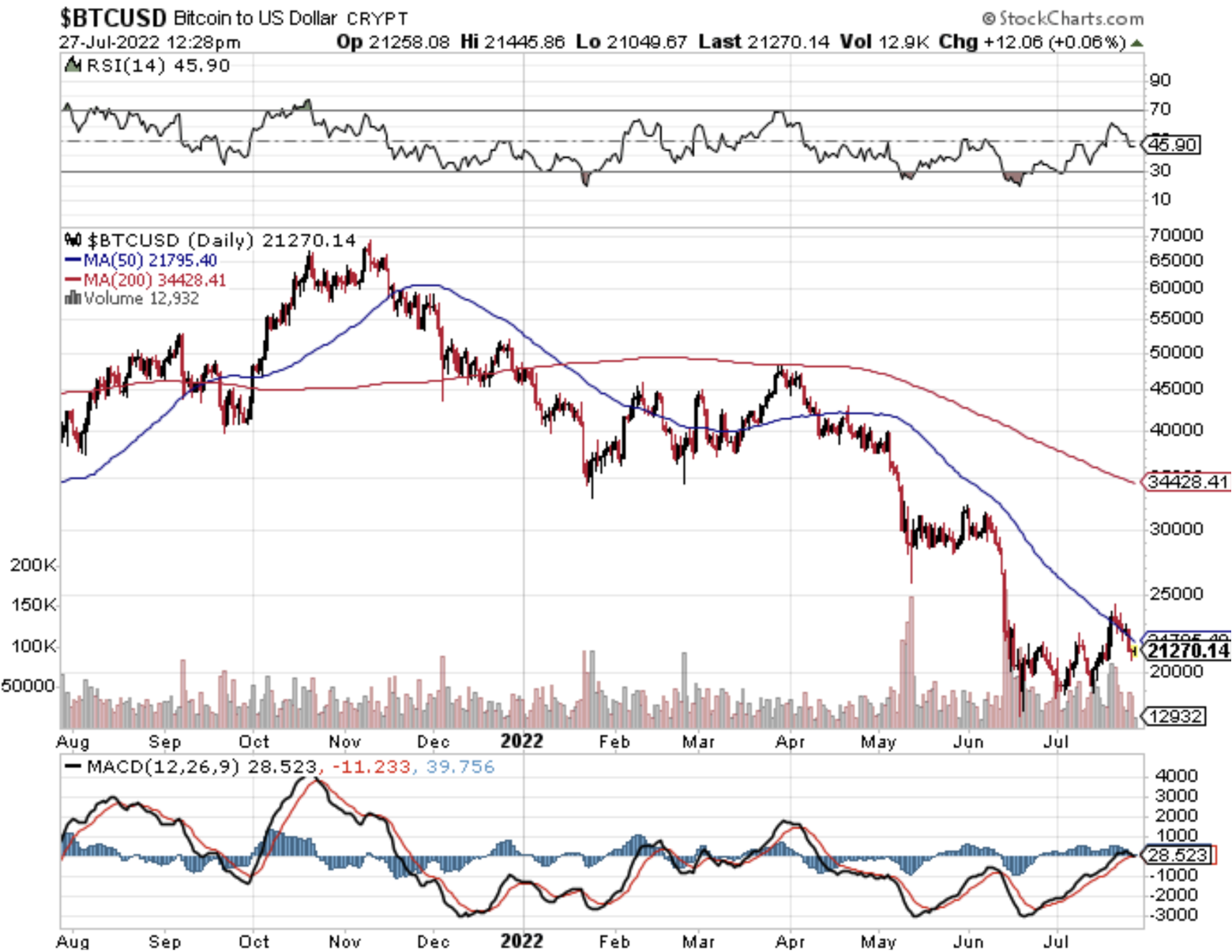Another 130 Million
No private foreign capital or investment will penetrate Ukraine for the foreseeable future.
Every Ukrainian under 40 years old is now making a mad dash for higher ground to put their money in safer places.
The Ukrainian hryvnia has lost 25% of its value while artificially suppressed and this is just the beginning.
It could trigger a vicious cycle all the way to zero where like a hot potato, Ukrainian citizens try to rid themselves of local currency as fast as possible.
Like I said, there are others out there with similarly non-influential currencies, pretty much every ex-Soviet republic not in the European Union in the likes of Georgia, Kazakhstan, Moldova, Azerbaijan, and Armenia of the South Caucasus.
When you add up the population in the likes of Uzbekistan and such, then that totals roughly 130 million people.
These 130 million people, like El Salvadoreans, need to target securing alternative currencies.
For people who haven’t traveled to these esoteric places, US dollars are in high demand and hard to find and families hold on to them for dear life like a newborn child.
So, if the choices are Bitcoin or worthless paper, then between these two, the decision is rather straightforward.
Ukrainians are slowly coming to the realization that these are their options.
Recently, the Government of Ukraine has passed a law that legalizes Bitcoin and other cryptocurrencies.
The law grants legal status to virtual assets. The law not only grants users the right to operate cryptocurrencies but also defines the clear rights and duties of all market participants.
Ukraine’s government also approved the law regarding cloud services as a whole.
The bill’s goal is to create conditions for the processing and protection of data when using cloud computing technology, as well as providing cloud services and determine the specifics of public authorities’ use of cloud services, as well as more efficient use of public resources through the introduction of new technologies.
The new law will expedite the entry into Ukraine of the world’s top cloud service providers – Microsoft (MSFT), Amazon Web Services (AMZN), and Google (GOOGL) Cloud – and encourage the construction of data centers.
The Ministry of Digital Development has previously said that it planned to expand the market for “virtual assets.”
Virtual assets are divided into two categories in the draught law: secured and unsecured virtual assets.
A secured VA is an asset that verifies property or non-property rights, such as the right of claim on other objects like stablecoins, and is secured by fiat currency, securities, or any sort of offline asset.
All other sorts of cryptocurrencies and crypto-based assets, such as non-stable coins like Bitcoin, non-fungible tokens, and so on, are classified as unsecured VAs.
Therefore, it’s not surprising to find out in the latest data that the adoption of Bitcoin and other cryptos in Ukraine has skyrocketed.
Non-profit donors looking for donations are also being paid via Bitcoin.
The rapid legislation of course would not have occurred if not for the Russian situation, but either way, adoption is adoption and add another 50 million or so Ukrainians to Bitcoin’s growth story.
Eventually, Africa and South America will join the adoption phase as they also preside over rapidly depreciating fiat currency.
I’m shocked that Argentina hasn’t ventured this way yet, put them down for the next country in the crypto queue.
Even if Bitcoin is suffering a bout of weakness due to exogenous shocks, the long-term price trajectory should find a floor because of the demand for these 3rd world countries.







